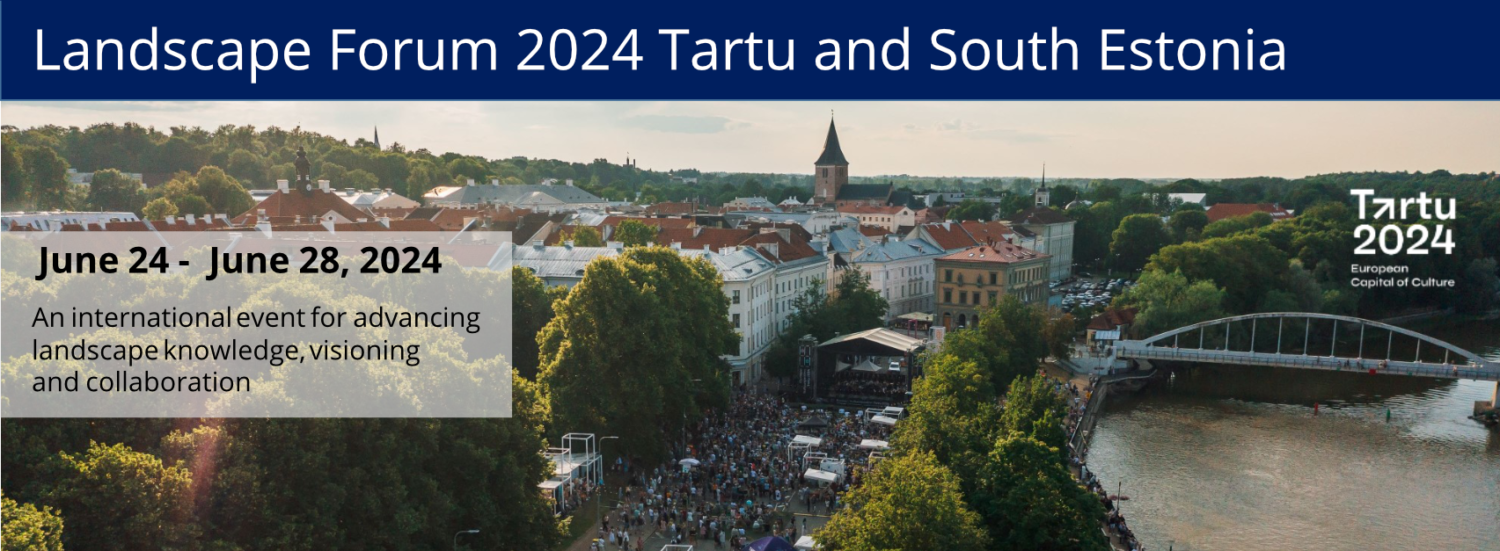Landscape and Economy
Zagreb team: tba; LNI coordinator: Maria Beatrice Andreucci
We are all aware of the multiple benefits provided by our green blue infrastructure but we rarely tackle conflicts and convergences implied in decision making. In particular, the economic benefits provided should be explored paying attention to their multiple dimensions. As an example: the number of jobs created is very different from the real estate value increase deriving from new Green Infrastructure. The theme will use Conflicts and Convergences of the Anthropocene as a guiding image for all working groups. Depending on every theme the questions may vary:
- Zagreb Landscape Vision: How can the development of a landscape concept with a strong green infrastructure network contribute to Zagreb as a competitive city? How can green infrastructure development contribute to effective management of city space and city assets? Can it help to create jobs for the inhabitants?
- Green infrastructure in Sestvene: What are the land use dynamics in the area? Which value chains can we find in terms of ecosystem services? How does the green infrastructure relate to “climate resilience building”?
- Urban Agriculture and Foodscape: How can this approach become economically viable for land-owners, what are the social and environmental trade offs? How can it contribute to circular economy?
- Landscape and Heritage: How can the landscape contribute to the modern heritage redeveloped while offering benefits to the city and the local community?
- Landscape Democracy: How can the benefits generated from green infrastructure development be distributed equally in increasing pluralistic societies? How is the negotiation power distributed? Whose values are at stake?
Planned results:
- Innovative exchange and collaboration of different disciplines: planners, designers, economists, agronomists, real estate developers and others
- Specifying the value proposition of green infrastructure/landscape for the Zagreb landscape
- Ideas for innovative business models and value chains
- Infographics and system relationships, economic flows and value chains
- Identify research gaps and future research questions that emerge between disciplines that are usually not cooperating
